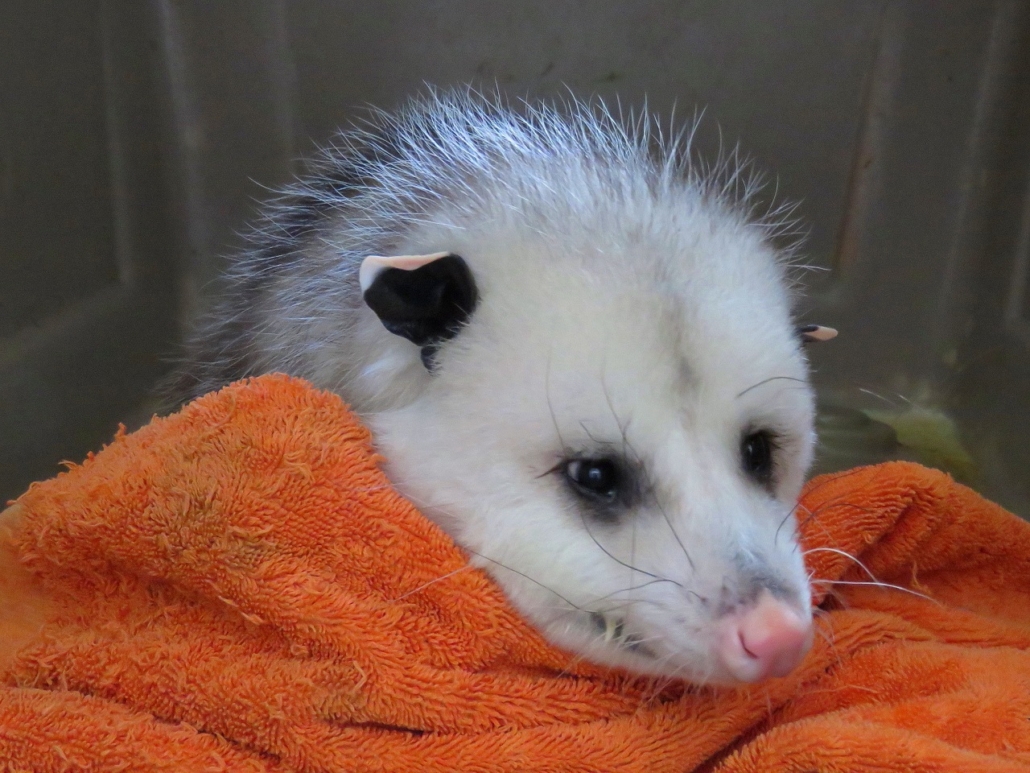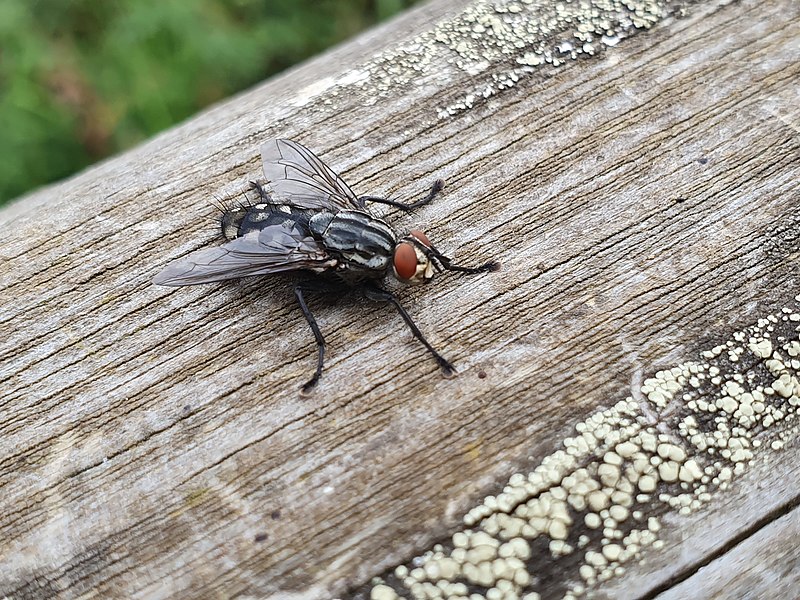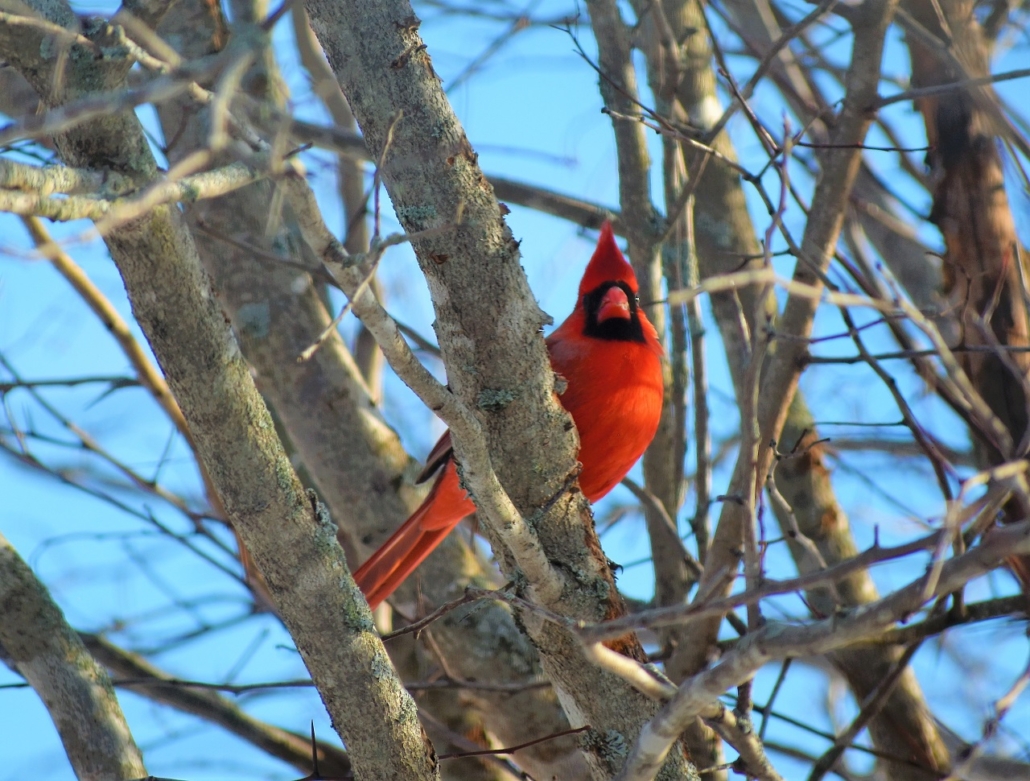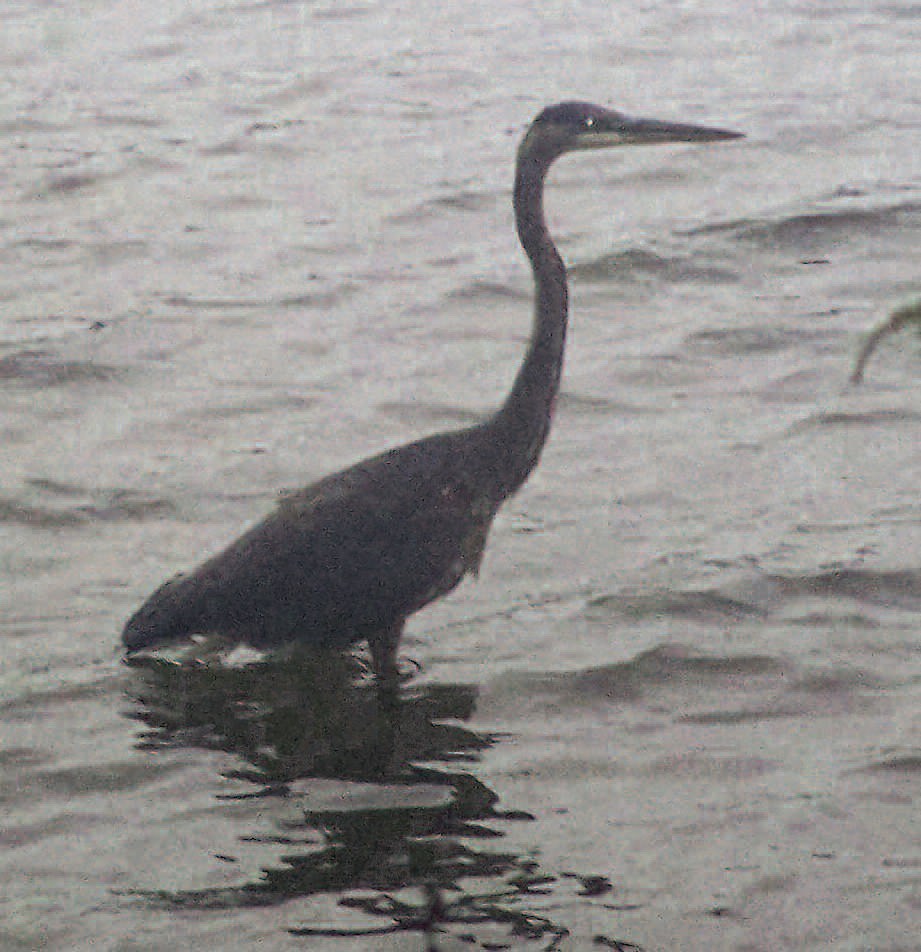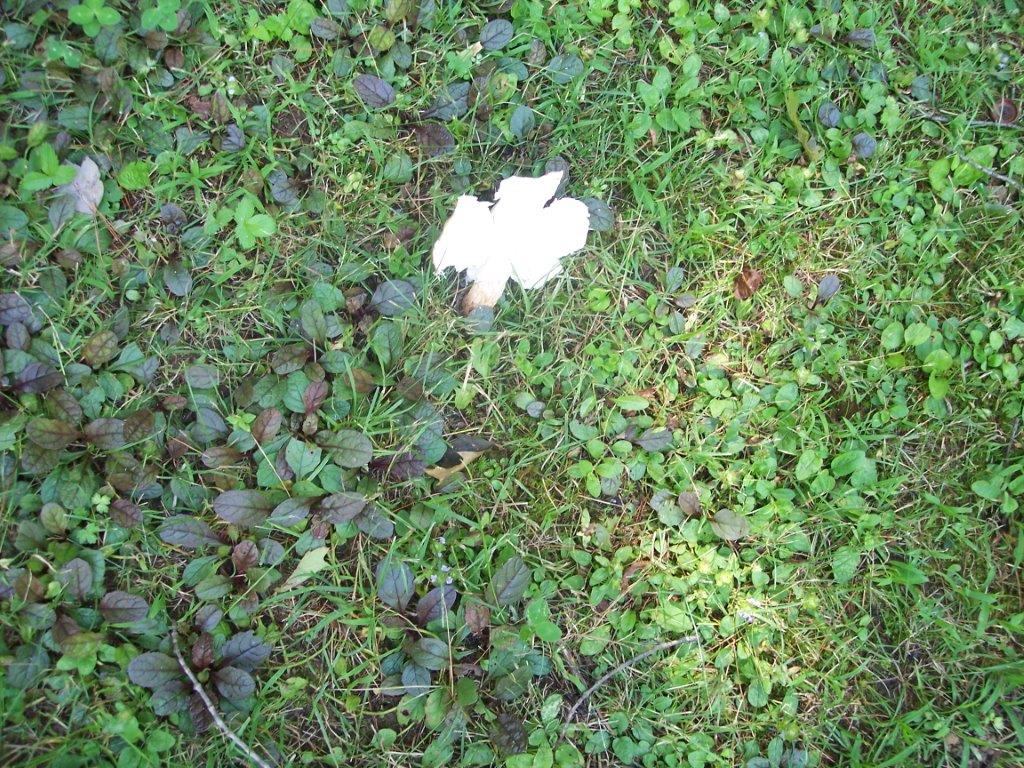SOLON & BEYOND: The time I let Percy write the column in my absence
 by Marilyn Rogers-Bull & Percy
by Marilyn Rogers-Bull & Percy
grams29@tds.net
Solon, Maine 04979
I would like to start this column off with an apology: I am so sorry that I couldn’t get the story that was sent to me from the New Portland Library, but I didn’t receive it in time to do that. It was called a Breakfast Bake, Book and Movie Sale! Hope you had lots of people attending, it sounded like a really fun time!
Now, I would like to thank Roland from the bottom of my heart, for leaving Percy’s picture beside mine on our column, for all these years. For those of you who don’t know, Percy died quite a few years ago, and I still miss him every day, he was a very remarkable animal! I came across a small clipping that I found recently dated The Town Line – January 3, 2008, with only Percy’s picture; (Percy was alive and well at that time, and I had let him write our column that week because I was down in sunny Florida!)
Good morning, dear friends. Don’t worry, be happy!
This is Percy wishing you the happiest of New Years! I am missing my human, she has been down in sunny Florida since before Christmas.
I am thrilled beyond belief that she is letting me write this column again, since so many of you have told her that you prefer my writing instead of hers.
Since I don’t have any real news to share, I have been reflecting on what subject to write about, think perhaps Happiness might be a good topic to delve into. Our by-line each week being, “Don’t Worry be Happy, and she’s been using it for years, before I started helping her. Does that make you stop and think just how happy you really are? Some quotes I can think of are, “Cheerfulness greases the axles of the world, ” “Happiness is a perfume you cannot pour on others without getting a few drops on yourself,” “True happiness consists in making others happy.” But the one I like the best is, “There are two essentials to happiness: something to do, and someone to love.” It gives me great pleasure to behold the sappy look on my humans face when I lavish her with love, (I curl up in her lap and put my paw as far around her neck as I can and sing at the top of my lungs!) That is pure ectasy, and makes me happy also.
As I have told you before, the first thing she does when she gets up in the morning, even before she gets her breakfast, is to give me my dish of tuna fish, such love is beyond measure. Do I appreciate it ? You betcha! But must confess, I’ve been misbehaving ever since I heard her telling someone on the phone that she was going to Florida. She gets pretty upset when I do things I know I’m not supposed to but she comes around when I make up, unconditional love is the greatest!
Are you gaining insight about finding happiness from my words? I do hope so…. but to continue, with more wise words. When you do the things you do with love, you give life a gleam that most people only carry a glimpse of. Your attitude affects the outcome of so many things. Smiles inspire smiles. Reaching out brings people in. Looking on the bright side doesn’t entail being naïve and donning rose-colored glasses. It simply means leaving the cynicism and complaining to someone else, someone who will spend their whole life wondering why good things don’t come their way.
Being a positive person, someone who looks forward to so much, is not only rewarding, it’s refreshing. The wisest people on earth are those who have a hard time recalling their worries….and an easy time remembering their blessings. Now, my human has edited what I have written to share with you, but, will it get by the real editor? Have been told that she asked him once how much mushy stuff he would let her get away with. I’m pretty sure he likes me best and hopefully some of you have told him that you like my writing better than hers.
Anyway, my human and I would like to wish you the Happiest New Year ever! Signed by Percy. Editor’s note: Percy got many of these quotes from different books.
Just to let you know, to those of you who read this column, Roland has let me get away with lots of mushy stuff over the many years he has been my editor. and, I appreciate every bit of it! As far as Percy saying some of you like his writing better than mine…. that hurts!





 The second half of your life can bring some of your most rewarding decades. You may be more confident than your younger self. You gain wisdom and patience. Sure, your hair sprouts more grays and your face sports more lines. But you can grow older with your body and mind as healthy as they can possibly be.
The second half of your life can bring some of your most rewarding decades. You may be more confident than your younger self. You gain wisdom and patience. Sure, your hair sprouts more grays and your face sports more lines. But you can grow older with your body and mind as healthy as they can possibly be.


